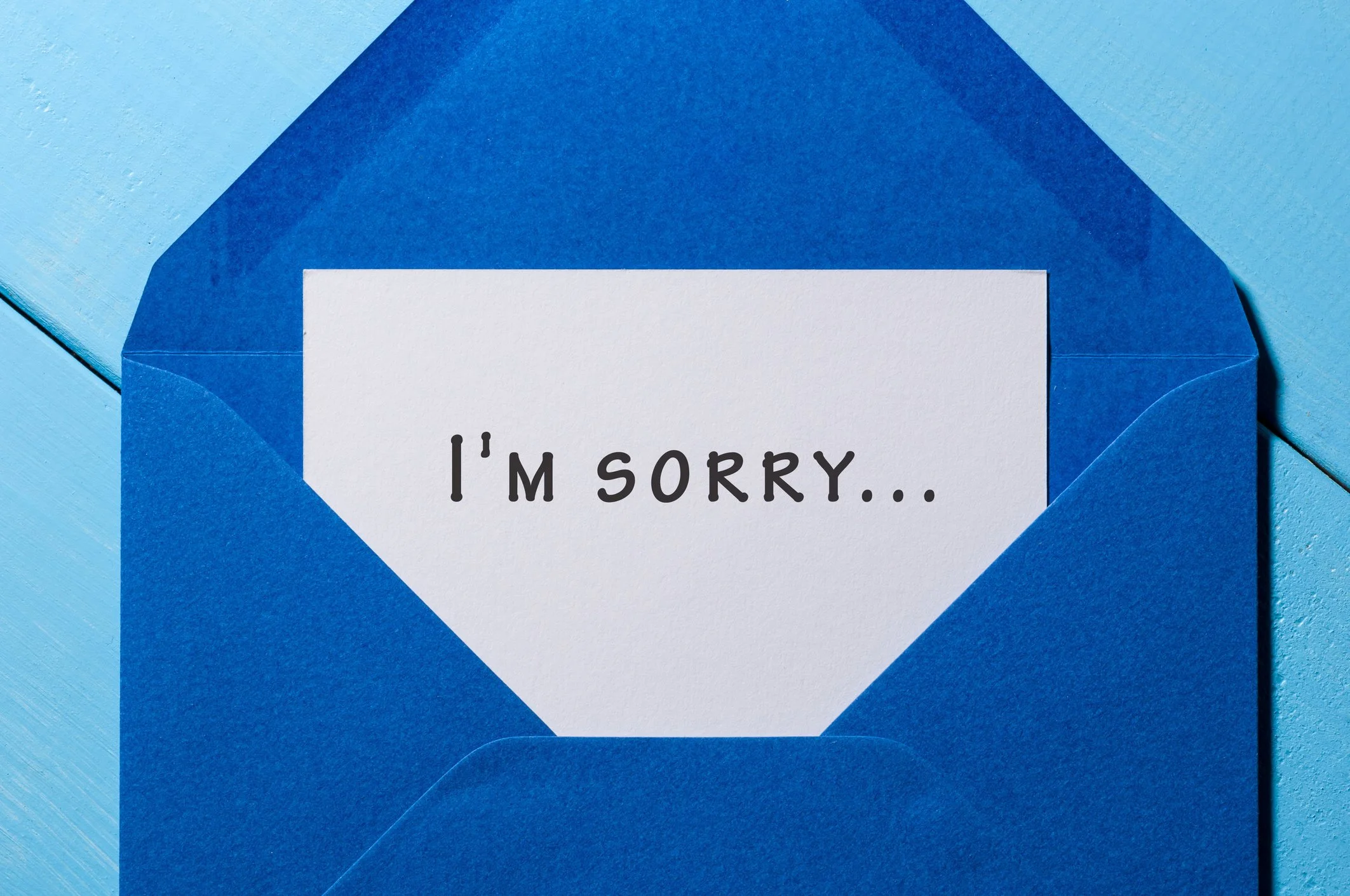The Dance Between Hope and Fear
“FOLLOW YOUR HEART, LISTEN TO YOUR INNER VOICE, STOP CARING ABOUT WHAT OTHERS THINK” ― ROY T. BENNETT
As I write this quote, I wonder how many parents instantly feel hopeful, even if it’s just for a quick second. And then, just like that, the feeling subsides, and it’s gone as quick as it came.
I see this often in my work with parents. There’s this unique dance that happens between hope and fear; hope sits in the heart and fear resides in the mind. Hope has this beautiful way of moving across the dance floor, inviting the audience to partake in the show, and the audience is absolutely captivated by hope’s gracefulness. Then, in an instant, fear comes in shaking and moving, lacking rhythm, bringing chaos and uncertainty, and the audience doesn’t know what to do.
Have you ever made parenting decisions simply because you thought you should, someone else told you to, or because it’s the latest craze?
Or engaged in a parenting choice, hoping for a specific outcome or committed to a behavior because you feared your child would lack in some way, be behind, or be unsuccessful?
When we parent with fear, we’re focused on outcomes and external circumstances that are outside of our control. On the flip side, if we stay present in the here-and-now, listening to what rings true and authentic for us personally, our external environment becomes an extension of our internal state, and also models our values to the people around us, especially our teens.
WHAT HAPPENS WHEN WE PARENT WITH FEAR?
We lack direction
Fear creates inactivity within parenting. When you allow fear to lead the way, you freeze and relinquish all control. And then, you take minimal to no action. Without action, you can’t expect anything different from your teen.
We create more distance from our teen
Isn’t it crazy that the connection you seek with your teen is the very thing that fear manipulates. Fear creates separation, and when we disconnect from the very thing we want, hopelessness often enters.
When fear welcomes hopelessness, you over-focus on your teen’s negative behaviors and emotions, and this opens the door for more fear and more distance.
HOW DO WE ENGAGE WITH HOPE MORE OFTEN?
We acknowledge fear for what it is
Fear is an instinctive emotion. It provides information and alerts us of our internal state. And sometimes, when we aren’t in the here-and-now, it forces us to make decisions that don’t align with our core self or value system.
What physical sensations arise in my body that are signaling fear?
What resources or coping skills can I use to redirect my attention to the here-and-now?
Close the gap between fear and hope
Closing this gap requires mindful intervention because fear is very sneaky. The head can defend against fear when it operates with awareness and understands why these fears are popping up.
What is it that I fear right now?
Is there any evidence to suggest that this fear is real or true?
Is there any evidence to suggest that this fear is not real or true?
When the head allows your fears to quiet, the head and heart can bridge together creating more ideal circumstances for parenting successes. And remember, fear only survives if we give it fuel, so, reclaim your parenting power by reminding fear that hope is more in rhythm with your heart.

